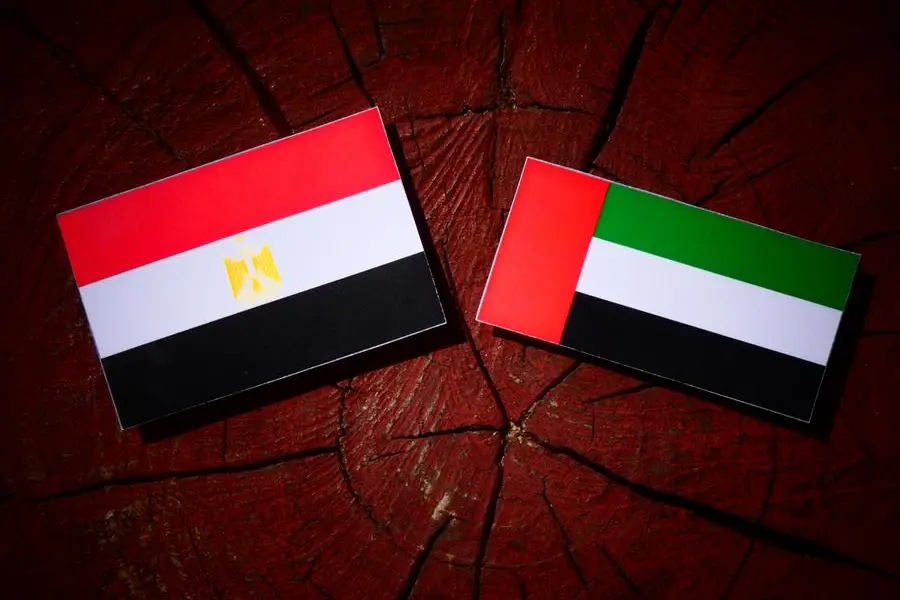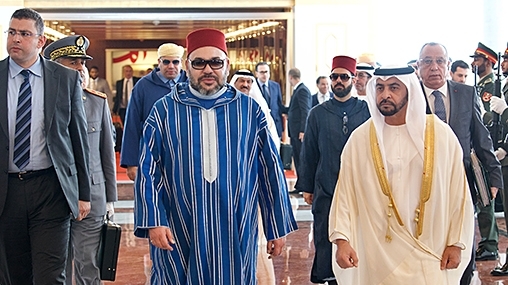Egypt and the United Arab Emirates (UAE) have signed a landmark $35 billion investment deal to develop Ras al-Hekma peninsula on the Mediterranean coast that, economists say, will inject $35 billion of foreign direct investment into the struggling Egyptian economy, helping it to bolster economic growth and address a hard currency crisis.
The deal is the largest foreign direct investment in an urban development project in Egypt’s modern history, Prime Minister Mostafa Madbouly said on Friday (23 February) after weeks of speculation. It is a partnership between the Egyptian government and an Emirati consortium led by ADQ, he added. The country’s main recipe for attracting foreign capital has relied on making big bets on natural gas exploration, expanding the Suez Canal, expanding tourism infrastructure in a restive region, and pouring billions of dollars into megaprojects, most notably a huge new administrative capital. But now that this recipe has stopped working and Cairo may be hesitant to implement reforms of the country’s military-dominated economic model as demanded by the IMF in exchange for a bailout, the government is doubling down on the same approach.
Meanwhile, news about the sale has triggered condemnation by critics of the government, who blame it for selling what is the land in one of Egypt’s most valuable coastal locations and that it should be developed by local investors. But Madbouly sought to alleviate these concerns by saying that the Egyptian state will have a 35% share of the profits from this project, although it is a private investment with the majority of shares held by the UAE consortium. According to Khaled Ikram, an economist and former director of the World Bank Egypt department, “this event should strengthen the hand of the Egyptian authorities in negotiations with the IMF.” The deal should “ease up on fears of Egypt’s defaulting on its external obligations” as well as “reassure creditors and investors that they should stop speaking of waning support for Egypt’s economy from the Gulf countries,” Ikram added.



